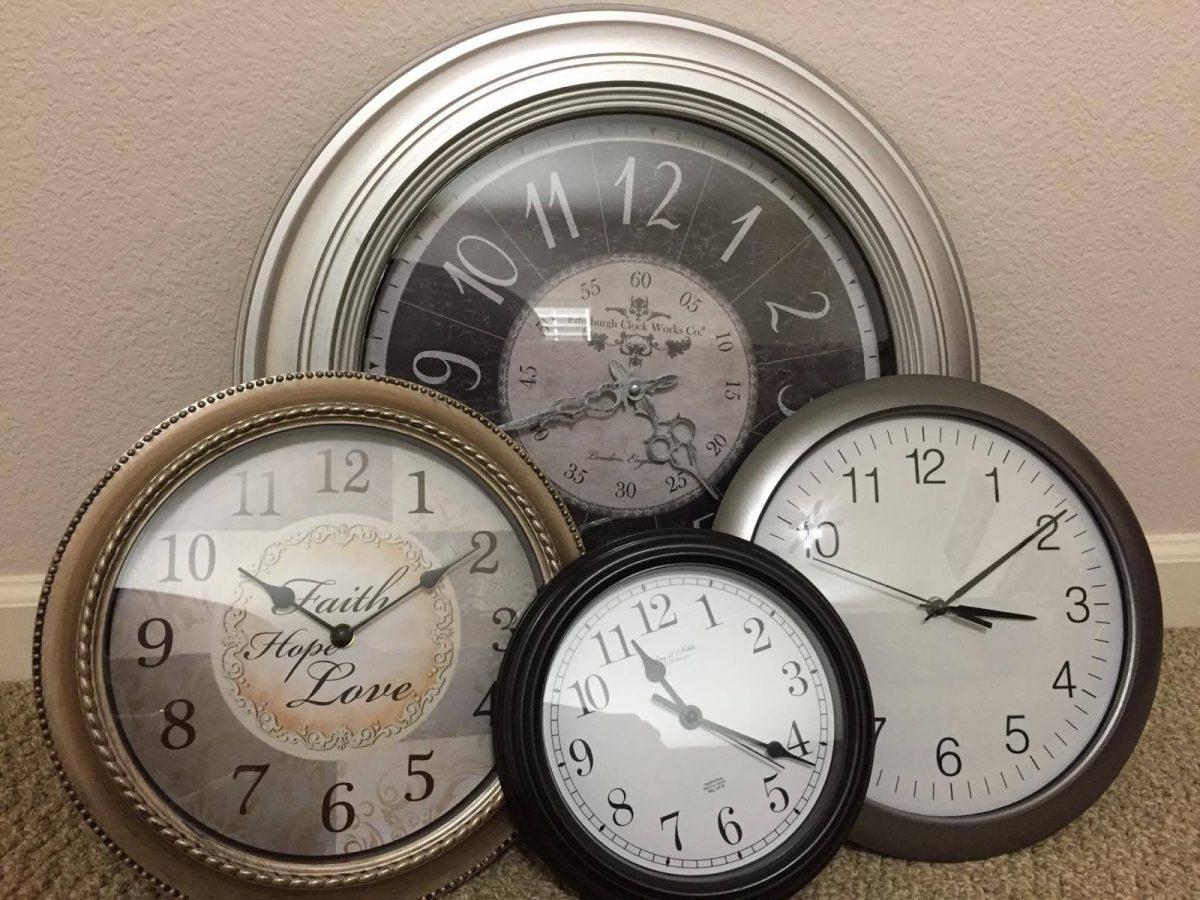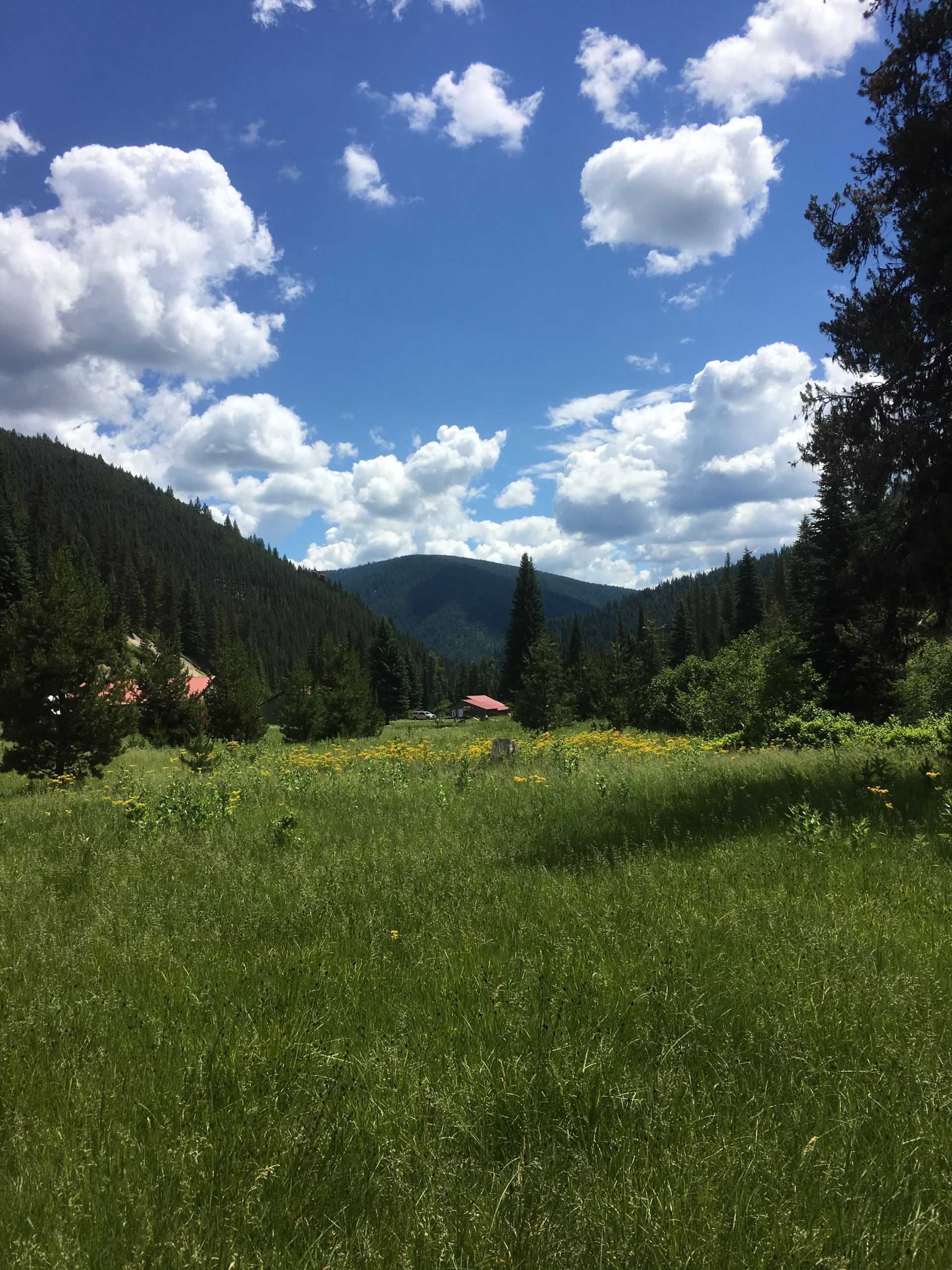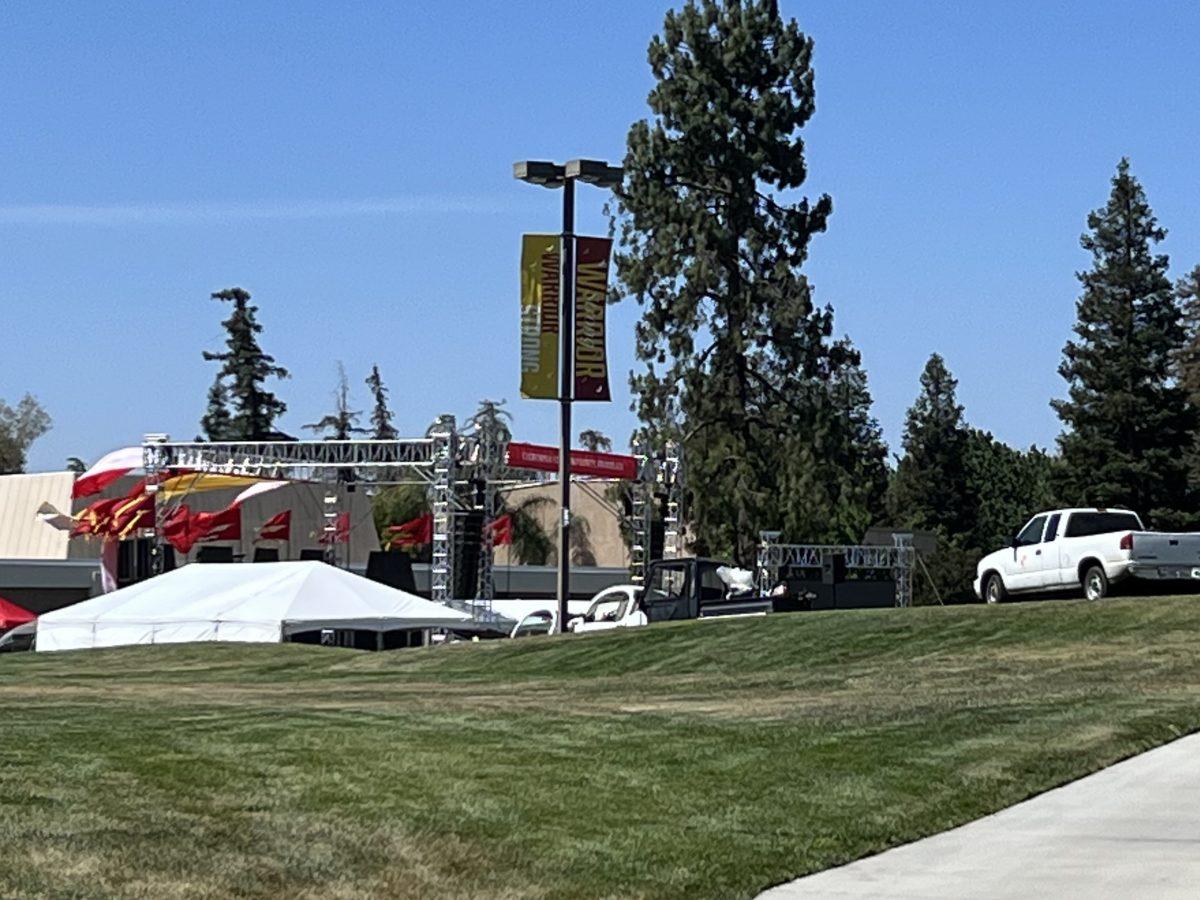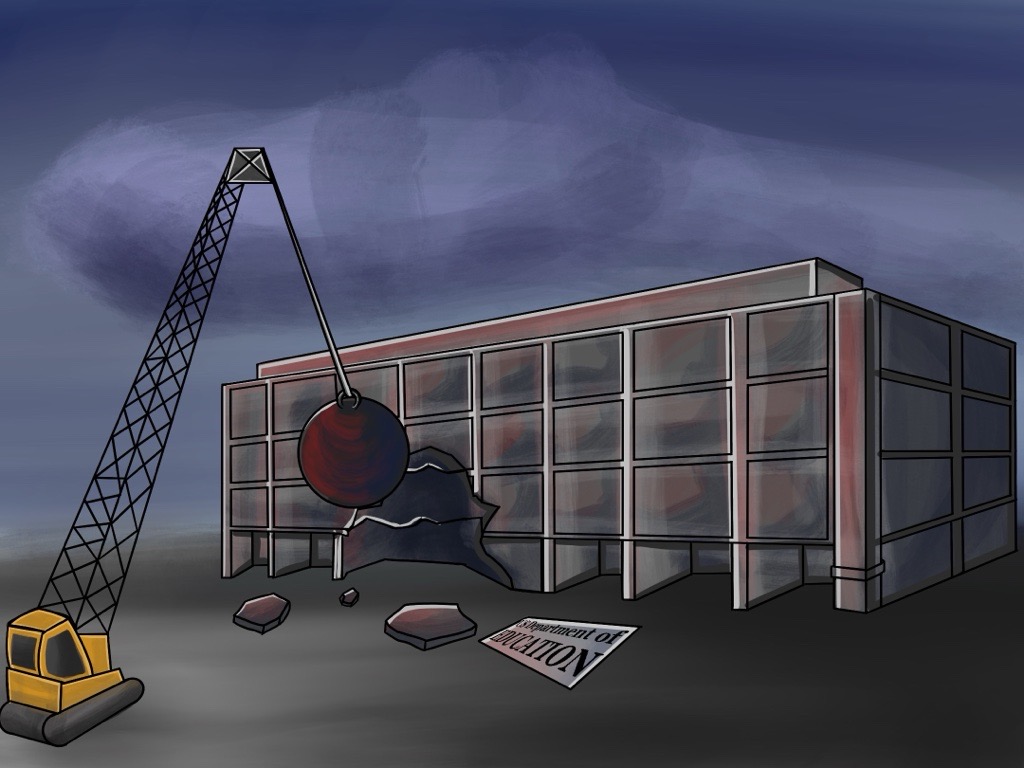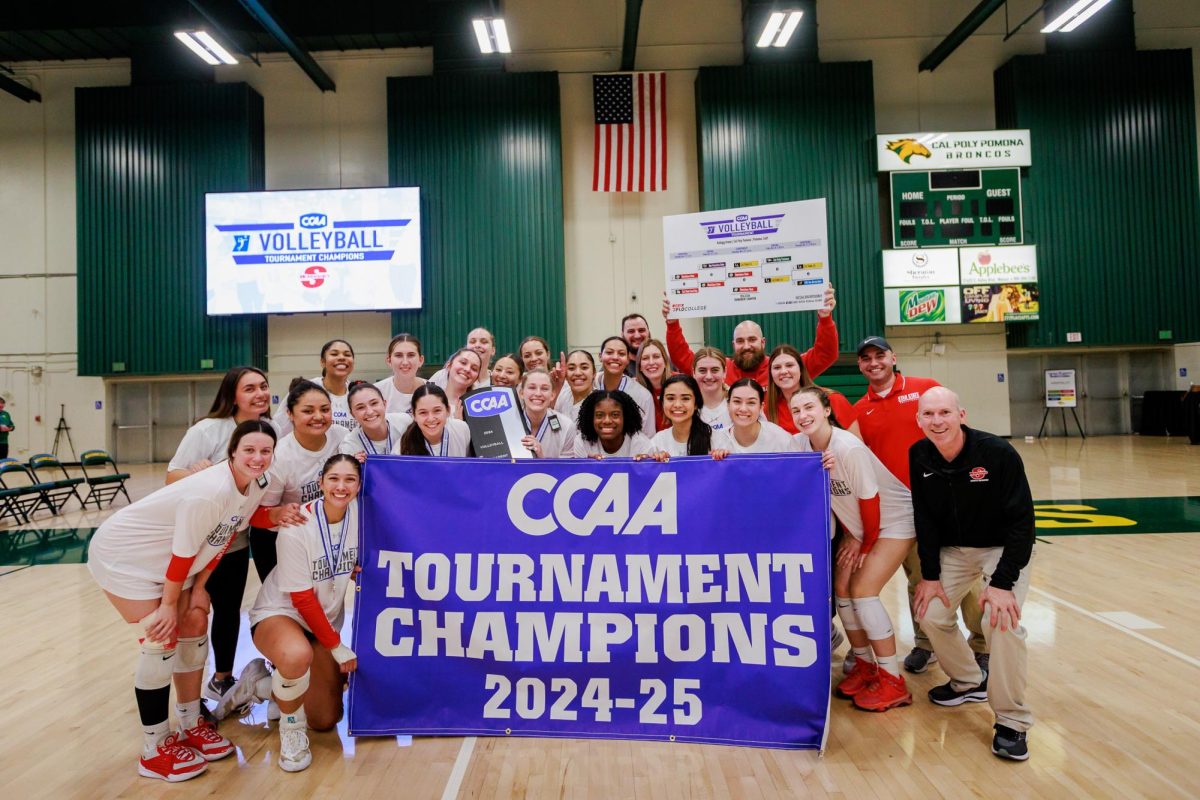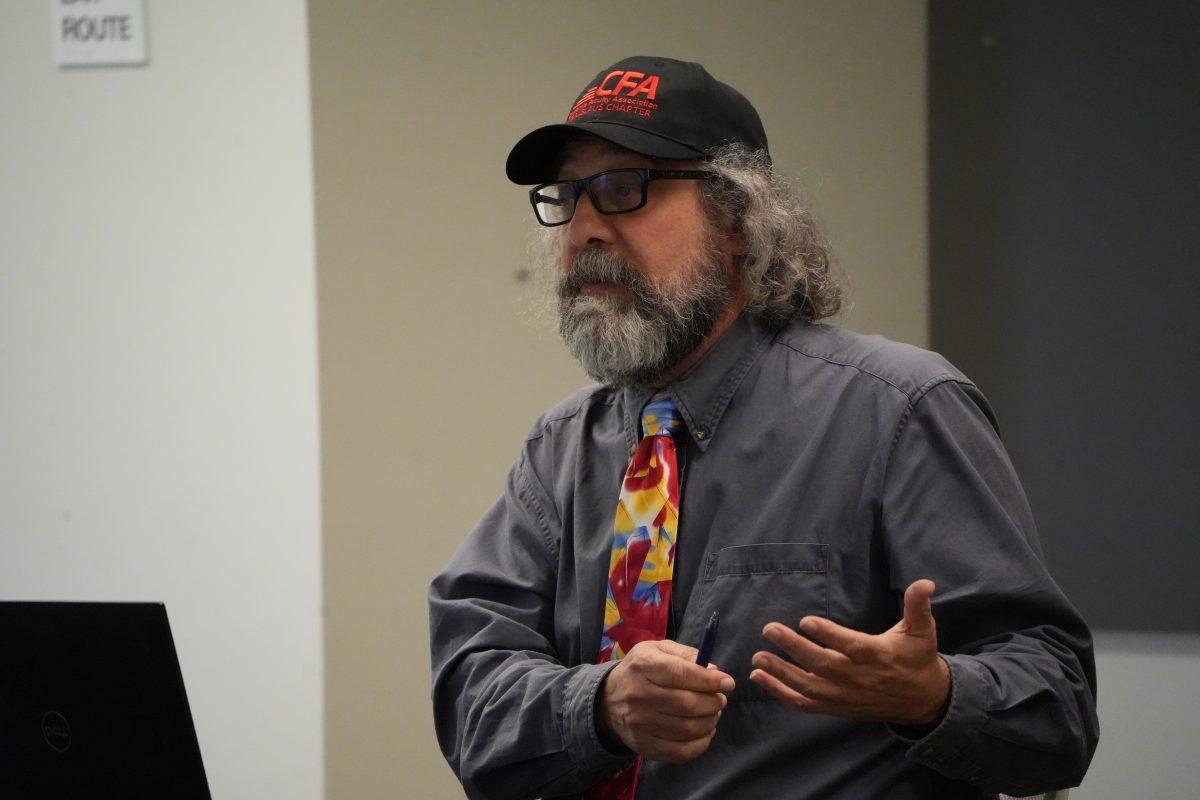Daylight saving time ended this past Sunday at 2 a.m., making students of California Sate University, Stanislaus (Stan State), set their clocks an hour earlier. That means that today, many driving back home from classes will be commuting in the dark.
However, if anything, students would have enjoyed an extra hour of sleep this past Sunday.
While many enjoy the extra hour of sleep, adjusting our bodies to daylight saving time can be difficult.
According to pbs.org, “When we ‘spring forward’ in March we lose an hour, which comes disproportionately from resting hours rather than wakeful time. Therefore, many problems associated with springing forward stem from sleep deprivation. With less rest, people make more mistakes, which appear to cause more traffic accidents and workplace injuries, lower workplace productivity. Even when we gain that hour back in the fall, we must readjust our routines over several days because the sun and our alarm clocks feel out of synchronization, much like jet lag.”
Mikayla Whitfield (junior, Biology) says that daylight saving has never been much of a trouble for her.
“I just do it because that is the way it is been done, there is no point in complaining about it,” she added.
Monica Trujillo (senior, Sociology) concurs and states changing the time during daylight saving is not troublesome, but adjusting our bodies to it is.
“I do not think it is [troubling], it is just adapting to the different times, that is what makes it harder,” Trujillo said.
Monica Serrano (senior, Business) added, “it is good when [time] goes forward because you are used to your regular time and you get an hour more of sleep. Just follow your regular sleep schedule not your body time or what your body wants to do.”
Gloria Vallin (senior, Communication) shared tips that can help our bodies adjust to daylight saving time.
“We can adjust by getting a good night sleep the day before and in the morning drink a glass of water to help wake up our bodies. Personally, it has been effective,” she added. “I feel like daylight saving time allows me to rest in a little bit longer since we do gain an hour of sleep. I gain about two more hours of sleep than when we go forward an hour.”
While most of the United States is affected by daylight saving time, there are some states that do not partake in it, such as Hawaii and the majority of Arizona.

